
AfroTech 2018 | Criminal Justice and Tech
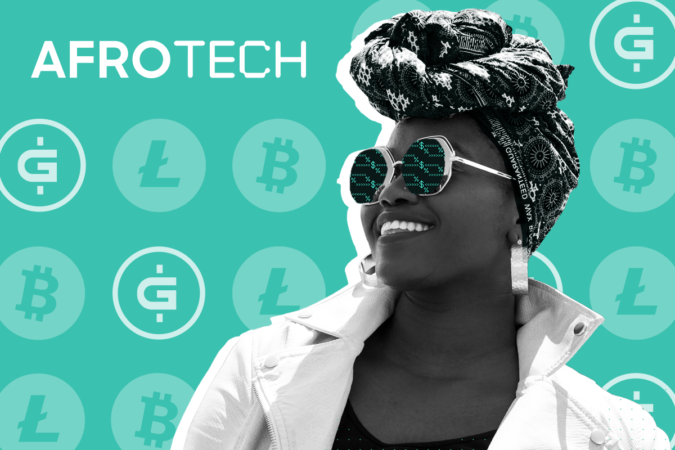

Discover more of what matters to you
Explore more

Some Harvard University students will soon be able to attend the institution free of charge, thanks to a new initiative aimed at making education “affordable to more students than ever,” particularly for those from middle-class families. On Monday, March 17, 2025, the Boston, MA-based Ivy League institution announced that starting in the 2025-2026 academic year, students from families with annual incomes of $100,000 or less will receive free tuition, food, housing, health insurance, and travel costs. They will also get a $2,000 start-up grant in their first year and a $2,000 launch grant during their junior year to “help support their transition beyond Harvard .” Additionally, Harvard will be tuition-free for students from families with annual incomes up to $200,000. “Putting Harvard within financial reach for more individuals widens the array of backgrounds, experiences, and perspectives that all of our students encounter, fostering their intellectual and personal growth,” said...
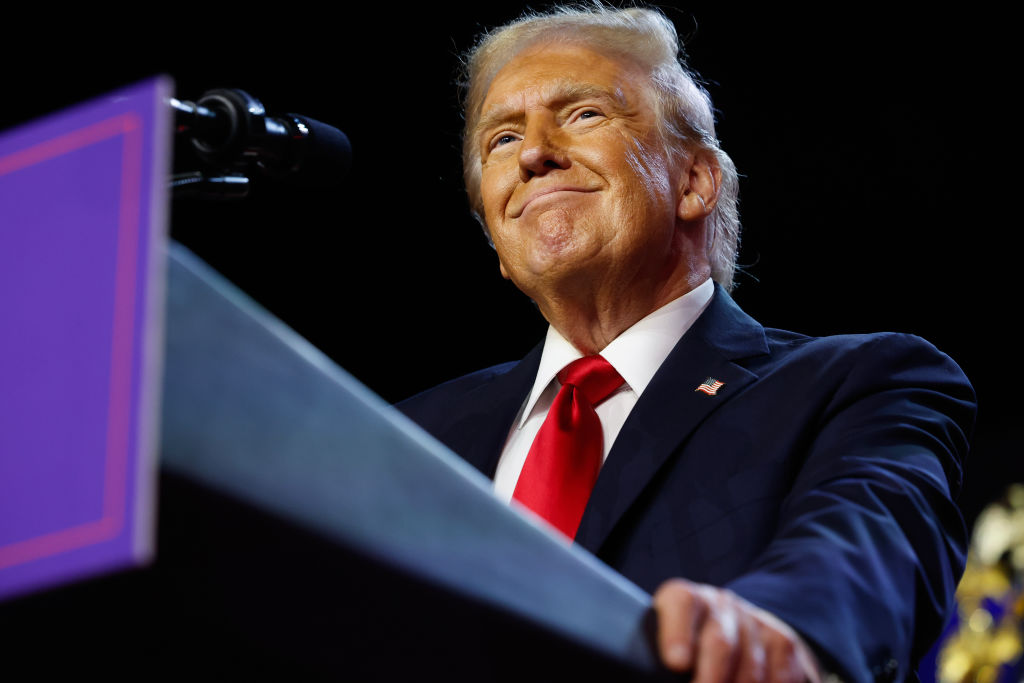
Arlington National Cemetery has removed DEI references from its website. They are not the first of their kind to do so. Under shifting federal policies, many companies have scaled back on diversity, equity, and inclusion (DEI) efforts. Two days after his inauguration on Jan. 20, 2025, President Donald Trump signaled his administration’s stance on DEI. A White House press release outlined executive orders targeting DEI initiatives in federal agencies, schools, and universities. Trump issued a two-week mandate giving schools a two-week deadline to eliminate “racial preferences” in college application essays, financial aid, and hiring or be at risk of losing funding, The Guardian notes. He also aims to “take steps to close/end all DEIA initiatives, offices and programs,” at the federal level, as AFROTECH™ reported. Since then, more and more companies have begun to shift their policies in alignment. This includes Meta, Amazon, Google, Target, Walmart, and now the Arlington National...
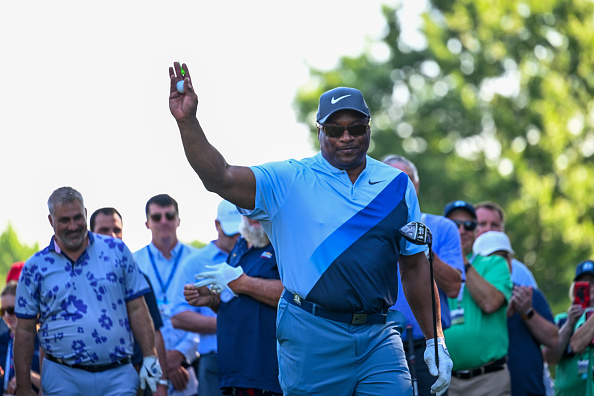
Bo Jackson remains one of the most legendary multi-sport athletes of all time, having excelled in both professional baseball and football. His unparalleled athleticism and dominance in two major sports made him a household name in the late 1980s and early 1990s. However, an injury ended his football career prematurely, forcing him to pivot toward business and other ventures. Unlike many former athletes who struggle financially after retirement, Jackson leveraged his brand and earnings into long-term financial success. With multiple revenue streams, including endorsements, real estate investments, and business ventures, he has maintained a strong financial standing. But how much is he worth today? Let’s explore his career earnings, business endeavors, and financial growth before revealing Bo Jackson’s net worth in 2025. Bo Jackson’s Athletic Career And Earnings Bo Jackson’s career began at Auburn University, where he won the Heisman Trophy in 1985, solidifying himself as one of the...
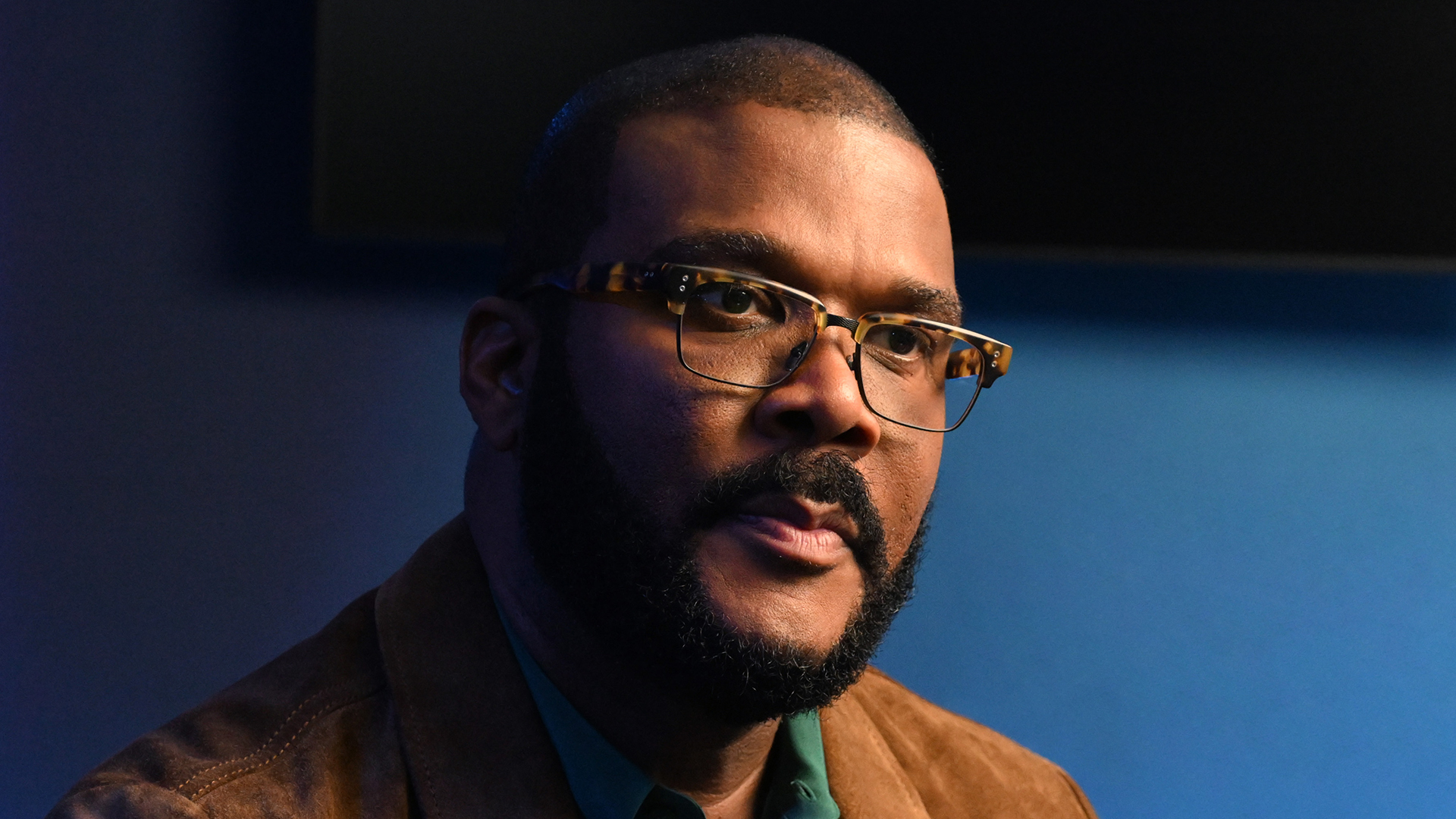
Tyler Perry has provided great financial relief for 85-year-old Anniece Tisdale. According to WSMV-4, Tisdale hired an unlicensed contractor to renovate her East Nashville, TN, home to accommodate her disability and growing family. However, the project took a turn for the worse when the contractor abandoned it altogether after not meeting completion expectations. Tisdale was then left with a home unsafe to live in and thousands of dollars lost. After an interview with the local news station, Tisdale was asked by Sherri Shepherd to appear on her “Sherri” talk show, and was joined by her daughter, Yolanda, who revealed that at least $180,000 had been invested into the home renovation project. Yolanda and her husband both took out personal loans and pooled from savings and credit cards to gather the funds. Yolanda also helped to refinance her mom’s mortgage to pay for the $200,000 in renovations. “We signed the contract in January. We were supposed to be f inished March 31. It was a...
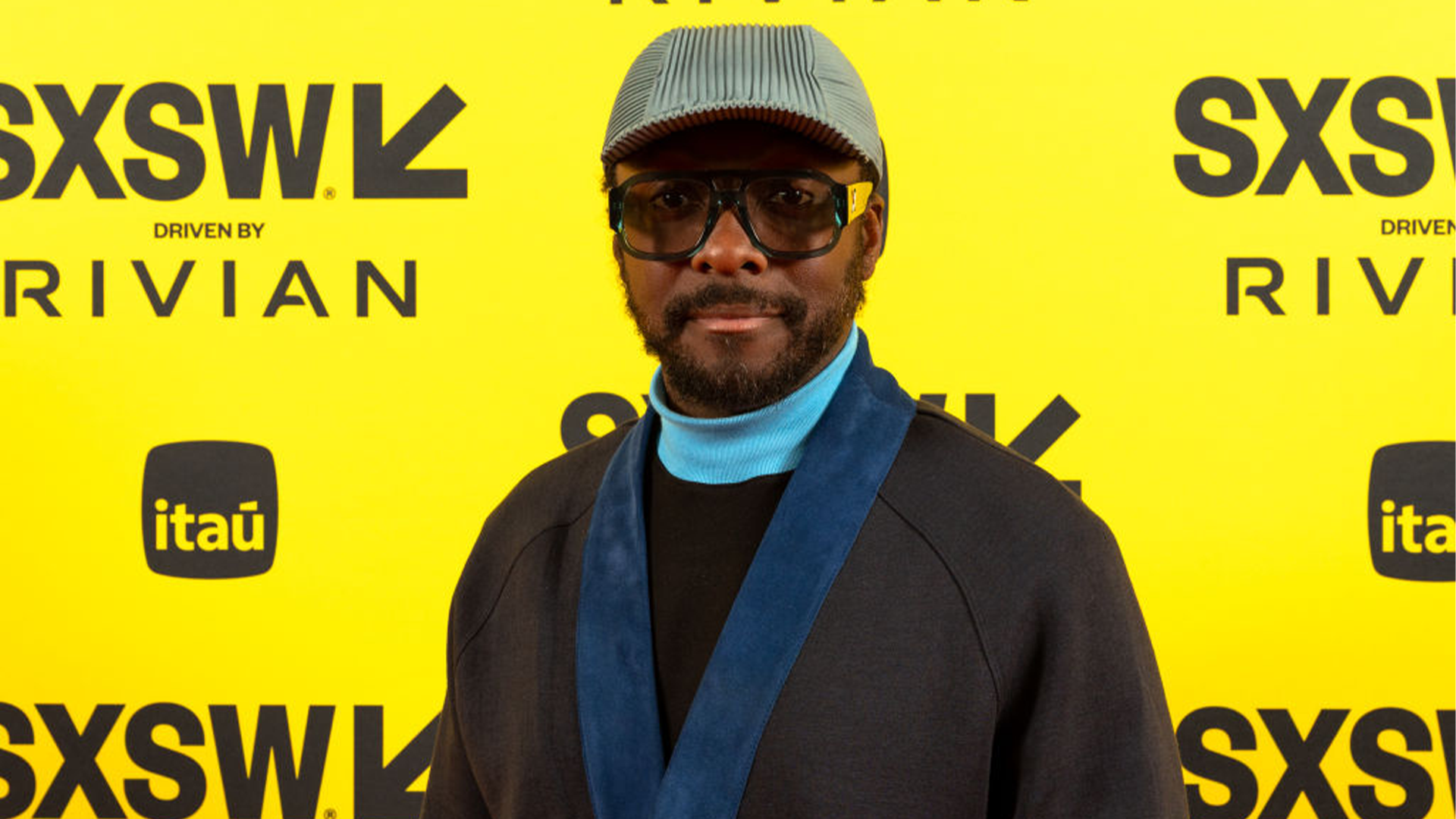
Will.i.am missed out on an investment that would have made him millions today. During an interview with Fortune held at SXSW, the multi-platinum music artist, producer, and tech entrepreneur revealed he had a chance to invest in Airbnb, a vacation rental company. The opportunity was introduced to him by Airbnb’s co-founder, Brian Chesky. Founded in 2007, the company raised funds in its early stages and allowed individuals to invest up to $200,000. However, will.i.am wasn’t fully convinced by the concept at the time. “’What’s up with concierge? Y’all don’t got that?’ ‘No,’” he explained to Fortune. “What’s up with room service? Y’all got that? He’s like, ‘No.’ I’m like, ‘Yeah, I think I’m gonna have to pass on that one.’” Airbnb did become a success. According to its website, it has more than 5 million hosts and has attracted 2 billion guests from more than 220 countries and regions. Hosts have earned more than $250 billion. Today, Airbnb has a market cap valued at more than $78...

Flau’jae Johnson is making a difference off the court by helping wipe out $5 million of debt for 5,000 Louisiana families. On March 14, 2025, global data and technology company Experian announced that the Louisiana State University women’s basketball guard would serve as spokesperson for its initiative to help relieve impoverished families following reports of record-high consumer debt. According to the U.S. Census Bureau, Louisiana has one of the highest poverty percentages in the country. Johnson will promote financial literacy and share her experiences managing finances as one of the leading college athletes with a name, image, and likeness (NIL) deal , per a news release. “You know what’s bigger than basketball? Financial empowerment,” Johnson said in an Experian commercial. “Finances are tough, and Experian is helping the next generation pursue their dreams. … Money isn’t everything, but you need it to live a good life. The Experian app can help you save time and money, build...
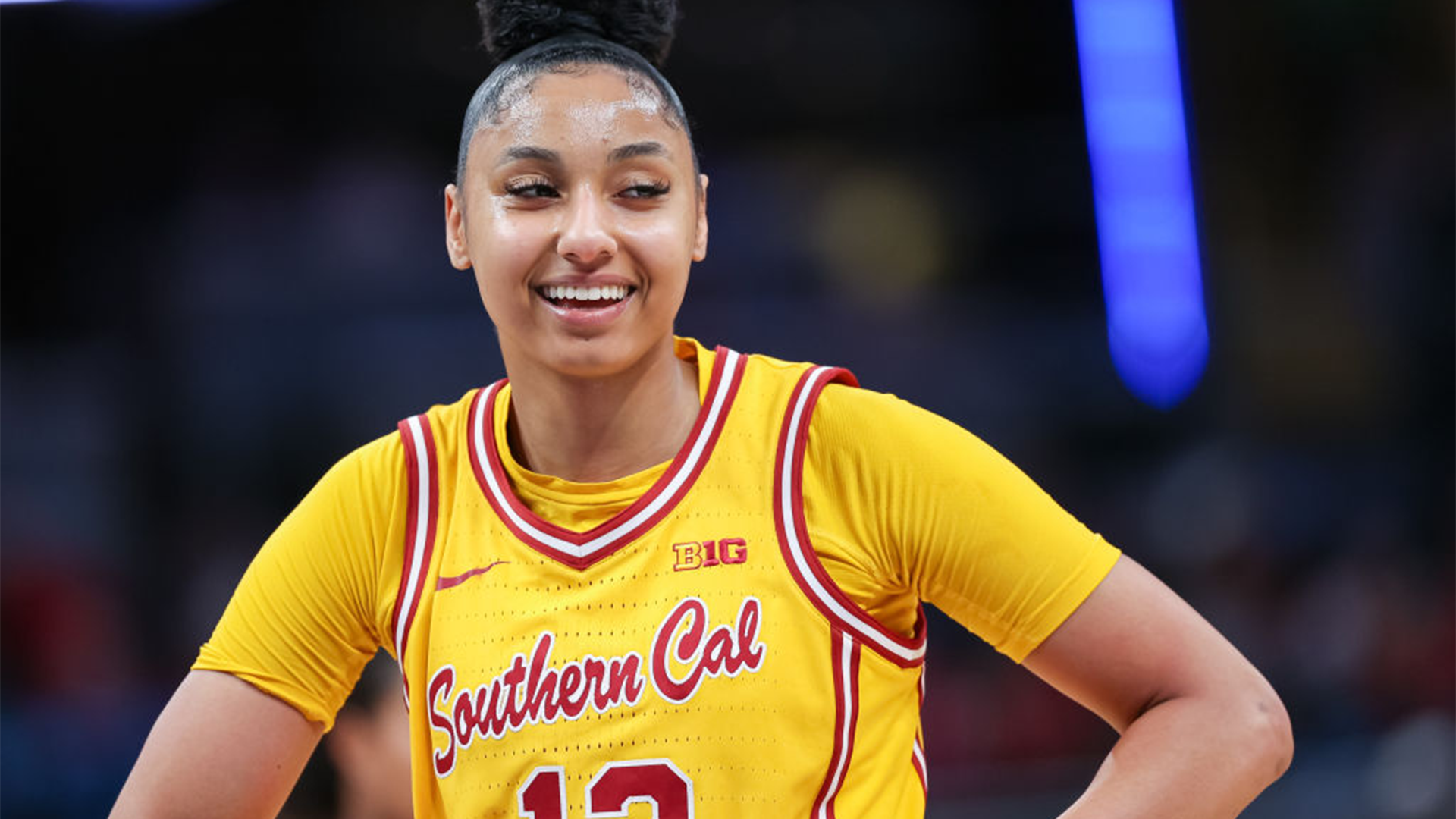
JuJu Watkins has secured a groundbreaking NIL deal. The USC Trojans basketball athlete currently boasts a $739,000 name, image, and likeness (NIL) valuation , thanks to deals with Ritz Crackers, Degree, United Airlines, and NYX Cosmetics. “We are beyond excited to welcome JuJu to the NYX Professional Makeup family,” said Yasmin Dastmalchi, general manager of NYX Professional Makeup, in a news release. “JuJu’s spirit, talent, and commitment to excellence make her a perfect pick for our brand. We can’t wait to support her as she uses her voice to further inspire our community and share our core values.” View this post on Instagram A post shared by Juju Watkins (@jujubballin) Watkins is already making groundbreaking moves as a collegiate athlete. As AFROTECH ™ previously told you, she extended a multi-year contract with Nike, becoming “one of the richest shoe endorsement deals in women’s basketball.” More recently, she expanded her portfolio by adding Fanatics and Fanatics...
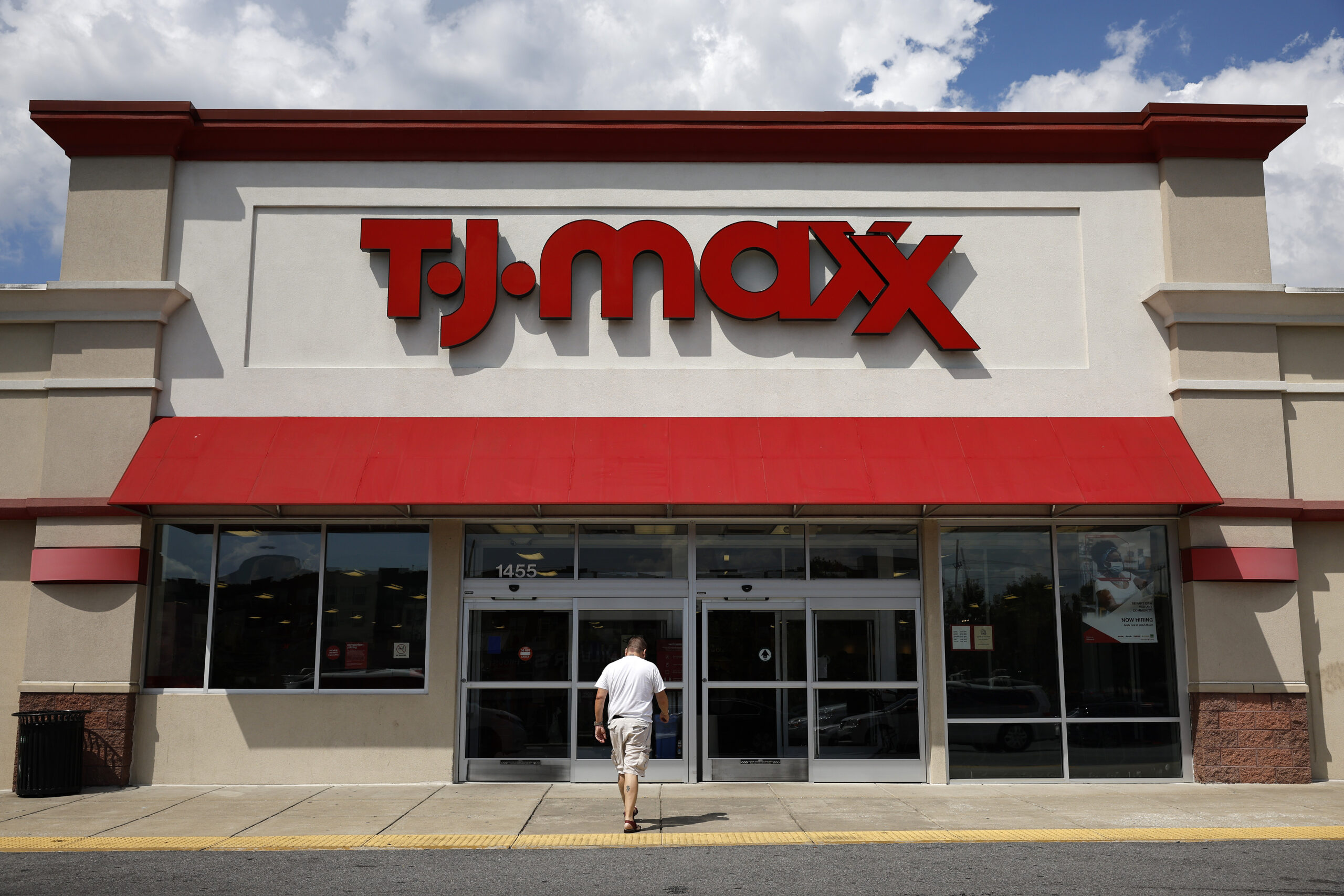
TJ Maxx is a popular budget store that many people have come to love. As shoppers are increasingly drawn to retailers that offer both value and variety, TJ Maxx thrives thanks to its mix of designer brands and discount prices. It’s not just about the thrill of finding a great deal for fashion enthusiasts – it’s also about the experience of uncovering hidden gems. Whether you’re looking for trendy clothing, home decor or even unique accessories, they offer an ever-changing treasure trove of options. Although the store has been a reliable favorite for years, there has been some speculation about the popular chain recently as consumers keep an eye out for their stance on diversity, equity and inclusion. In the past, TJX Companies (the parent company of TJ Maxx) has publicly stated its commitment to building a more inclusive and diverse workplace . Yet with the DEI frenzy over the last few weeks, shoppers are not entirely convinced that the budget store is fully onboard with the DEI...
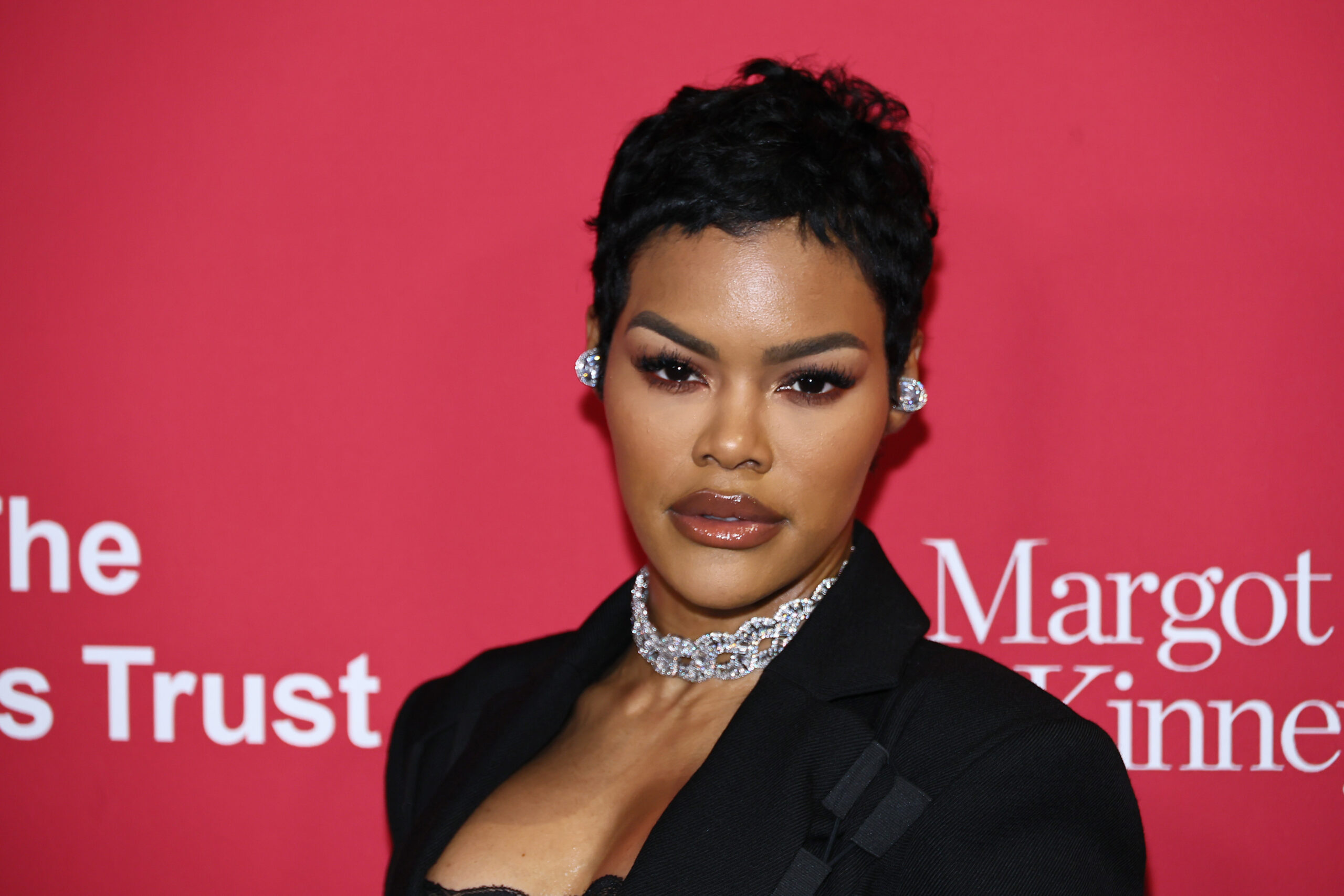
Teyana Taylor has become a household name thanks to her work throughout the entertainment industry. Although she comes from a well positioned family, the mother of two has come into her own. Over the years, Taylor has developed her own image, style and money, even going on to coach other starlets into their most confident selves. W hether she’s topping the charts with her latest album, exercising her famous abs for a photoshoot or working on brand collabs , the multi-talent is making money moves. Teyana Taylor has built her own financial empire that just keeps on giving. Although she has been making headlines for her multi-million dollar divorce from NBA champion Iman Shumpert, she’s still got it . Here is what we know about Teyana Taylor’s net worth in 2025. How Did The “Rose In Harlem” Hitmaker Become Famous? (Brian Ach/WireImage) Teyana Taylor’s fame stems from a number of sources dating back to the mid-2000s. The performer grew up in Harlem, New York, as fans who listened to her...
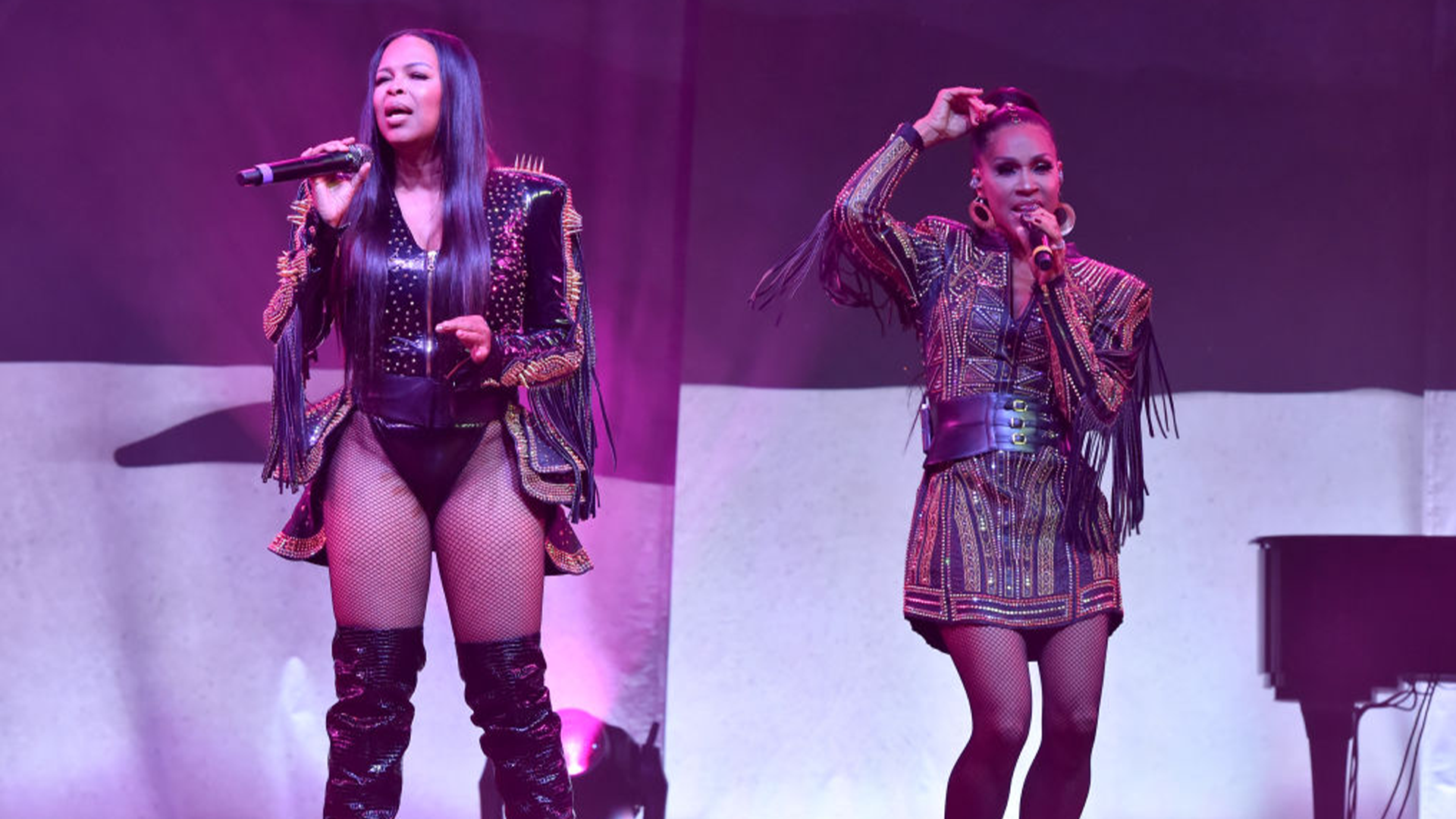
The music industry can be a tricky game — one minute you’re up, and the next you’re left wondering where all the money went — an intricate maze of talent, timing, and business. Few stories illustrate its complexities as vividly as Dawn Robinson’s. As a founding member of En Vogue, she was part of a movement that redefined contemporary R&B, blending impeccable harmonies with a bold, sophisticated image that commanded attention. Yet, the same industry that lifted her to legendary status ultimately left her to navigate an unrelenting financial storm. Robinson, now 59, recently revealed in a profoundly personal YouTube video that she has been living in her car for the past three years, according to The Hollywood Reporter. This revelation is more than a personal hardship — it is a case study of what happens when artists, especially Black women in the music industry, are not given the tools to own their success beyond the stage. Her story is not about missteps alone but about an industry...

From breaking records on the field to securing lucrative endorsements, DK Metcalf has established himself as a wide receiver to watch in the NFL. Since being drafted by the Seattle Seahawks in 2019, he has quickly risen to elite status, becoming one of the league’s most dominant offensive weapons. Known for his rare combination of size, speed and athleticism, Metcalf has delivered performances that showcase his stamina and strength, cementing his reputation as a game-changing playmaker. Off the field, the 27-year-old has successfully transformed his football stardom into financial success . His endorsements include partnerships with major companies such as Nike, Gatorade and Beats by Dre, further boosting his income and public profile. Additionally, he has ventured into business, capitalizing on opportunities in industries ranging from fitness to fashion. With a keen eye for branding and entrepreneurship, he has positioned himself as more than just an athlete – he’s a savvy...

Editorial Note: Opinions and thoughts are the author’s own and not those of AFROTECH™. During his second term, Donald Trump has continued to change how the United States operates with its allies. Recently, Trump and JD Vance met with Ukrainian President Volodymyr Zelenskyy at the White House to ease tensions with the current administration and finalize a mineral deal intended to be celebrated following their televised meeting. However, the way Zelenskyy was treated during the exchange was a shocking break from modern diplomatic norms. This incident is just one example of a broader shift—one that becomes clearer as the Trump administration continues to signal a closer alignment with Russia, making its willingness to bully allies increasingly apparent. Previously, Donald Trump claimed that tariffs on Canada and Mexico would be paused before they were set to go into effect earlier this year. CNN reported that he kept to his word and imposed a 25% tariff on steel and aluminum imports...

Howard University graduate Olympia Auset is combating food deserts in South Los Angeles, CA. Auset launched SÜPRMARKT, a grocery store that began as a pop-up and subscription service in the area, Forbes reports. Its inception was the result of her reaching a breaking point when traveling over two hours by bus to find affordable organics grocery products that would adhere to her vegan diet. At the time, South L.A. had 1.3 million residents and only 60 grocery stores, classifying it as a food desert. “It became difficult to eat healthy simply due to access,” she told the outlet. In 2016, SÜPRMARKT launched as a pop-up in Leimert Park with community support, according to its website. Four years later, Auset purchased land that would become SÜPRMARKT’s first brick-and-mortar location thanks to assistance from partners Open Architecture Collaborative Los Angeles and Engineers Without Borders. View this post on Instagram A post shared by LOCALE (@localemagazine) The grocery store prides...

Researchers have developed algorithms that accurately depict coily Black hair in computer graphics — a historic advancement for Black characters in media. According to The Guardian, AM Darke, an associate professor in the department of performance, play, and design at the University of California, Santa Cruz, and Theodore Kim, a professor of computer science at the Yale School of Engineering and Applied Science, co-authored the study. Despite increased representation and numerous papers published on computer graphics algorithms over the past 50 years — particularly regarding hair — Kim noted that representations of Black hair have remained relatively unchanged. Due to a lack of appropriate formulas, animators have struggled to accurately depict textures like type 4C hair , characterized by tightly coiled curls. “There’s only one or two hairstyles that people gravitate towards because they find that it’s culturally approved,” Kim said. “The vast diversity of type four hair is then...
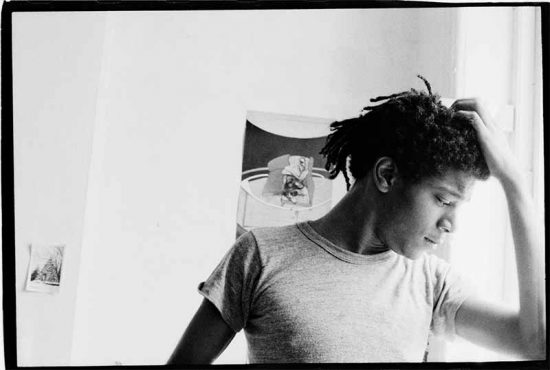
Jean-Michel Basquiat’s painting “Sabado por la Noche,” or “Saturday Night,” will be the centerpiece of Christie’s evening sale in Hong Kong on March 28, 2025. Basquiat’s striking hot pink and maroon artwork, created in 1984 and measuring 6.5 feet by 7.5 feet, is estimated to sell for between $13 million and $16 million, according to a March 13, 2025 news release. “It is a privilege to present Sabado por la Noche (Saturday Night), an iconic masterpiece that reverberates with Basquiat’s inimitable visual language,” said Ada Tsui, Christie’s Asia Pacific head of evening sales and 20th/21st-century art. “Sabado” was created when Basquiat collaborated closely with Andy Warhol on over 150 paintings, ARTnews reported. The painting is filled with Basquiat’s signature motifs and imagery, featuring two of his “Griot” figures and depictions of animals, simplified female nudes, spirals, doubled gyres, references to the solar system, and the Fibonacci golden ratio. Tsui said the auction house...
Events

conference
Multi-city event series empowers corporate executives, investors & tech moguls
